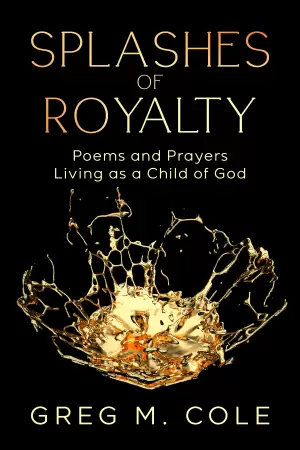The Push by Ashley Audrain: A Gripping Exploration of Maternal Introspection
When I first laid eyes on The Push by Ashley Audrain, I was drawn in by its haunting premise—how the legacy of motherhood can weave through generations, entangling love, fear, and a craving for connection. As I flipped through the pages, I found myself not only intrigued but emotionally invested in the beautifully raw narrative that unfolded. It’s a book that dances in the realm of psychological drama, gripping the reader by the heart and making us ponder the very essence of parenting and its myriad complexities.
At its core, The Push tells the poignant story of Blythe, a young mother burdened by the weight of her family’s generational failures. From her mother to her grandmother, the matriarchal line has struggled with maternal connections, and Blythe fears she might perpetuate this cycle of emotional estrangement. Upon becoming a mother to her daughter Violet, she’s confronted with a terrifying reality: is the disconnect between them a flaw in her, or something intrinsically wrong with Violet? This question hangs heavy throughout the story, propelling readers into Blythe’s conflicted psyche.
Blythe’s journey is rendered in a first-person narrative that is nothing short of mesmerizing. Audrain’s skillful use of point-of-view allows us to navigate through Blythe’s emotional landscape, so deeply that we often feel her confusion bleeding into our own thoughts. The clever use of pronouns—“I,” “you,” “her”—creates a blurred boundary between Blythe’s experiences and our own. This approach highlights the unreliable narrator trope elegantly, immersing us into the complexities of her distress. I found myself often guessing at who Blythe was referencing, a technique that added layers to my reading experience and provoked deep reflection.
What struck me the most were the contrasting moments of darkness and kindness woven throughout the narrative. As Blythe grapples with heart-wrenching realizations, the tenderness showcased by secondary characters—especially a caring neighbor—echoes profoundly. Those moments, which seem like flickers of light in an otherwise turbulent tale, stitched my heart together just as quickly as it was torn apart. I realized the emotional power of kindness in the face of despair, which left me tearing up long after I’d closed the book.
A particular highlight for me was the nuanced portrayal of motherhood. Audrain, a mother herself, infuses the narrative with authenticity that resonates deeply. Her ability to conjure the intense emotions associated with maternal bonds—both fulfilling and fraught—evoked memories of my own experiences, prompting me to delve into my feelings about parenting.
While I found the pacing somewhat uneven towards the last quarter, deviating momentarily into more conventional thriller elements that felt out of sync with the previously established tone, it didn’t diminish the overall impact of Audrain’s storytelling. This read stimulated my thoughts and left me pondering long after the last page, a testament to Audrain’s powerful writing.
The Push is not a light read; it pushes boundaries, touching on themes that may be triggering for some. However, it’s also a compelling invitation to understand the complexities of motherhood. I would recommend this to readers who appreciate psychological depth and are ready to wrestle with uncomfortable emotions. If you’re seeking a book that makes you reflect and connects on an emotional level, this is one to embrace with open arms.
In the end, I’m left with a sense of gratitude, both for the journey Audrain has taken us on and for the conversations it will surely spark among fellow readers. The Push is a must-read that cleverly intertwines the burdens and joys of motherhood with a haunting narrative that will stay with you long after you’ve turned the final page.













